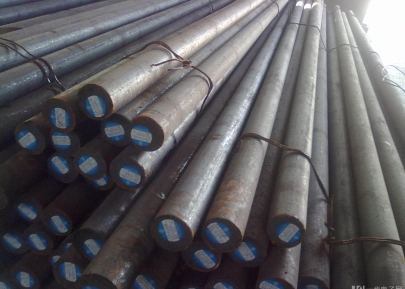Can Copper Paper Effectively Block Drone Jammers? Exploring the Science Behind Signal Interference
When it comes to the world of drones and the technology that sometimes tries to interfere with them, the conversation around materials like copper is pretty fascinating. You might wonder, "Does copper paper block drone jammers?" Well, let’s take a deep dive into this topic and explore how copper works in blocking signals, and if it’s really effective for practical use in everyday scenarios.
Understanding Drone Jammers
To grasp how effective copper paper can be at blocking drone jammers, we first need to understand what drone jammers are. Essentially, these devices emit radio frequency signals that disrupt the communication between a drone and its controller. This disruption can result in the drone losing its connection, causing it to land immediately or even crash if it’s too far from the operator.
The Role of Copper in Signal Interference
Here’s where copper comes into play. Copper has excellent conductive properties, which makes it a popular choice in various electrical and electronic applications. But how does this translate into blocking signals? When you use copper as a shielding material, it can reflect or absorb electromagnetic interference, including the types of signals used by drone jammers.
Diagram: How Copper Blocks Signals
| Signal Type | Copper Effectiveness |
|---|---|
| Radio Waves | High |
| Microwaves | Moderate |
| Infrared Signals | Low |
Can Copper Paper Specifically Block Drone Jammers?
The question arises: can you actually use copper paper to block drone jammers effectively? Technically, yes! Copper paper can serve as a form of shielding material since it has similar properties to thicker copper sheeting. However, there are a few considerations to take into account.
Key Considerations
- Thickness: Thicker copper materials generally provide better shielding.
- Frequency Range: Ensure the copper paper is used within the range of frequencies emitted by drone jammers.
- Coverage: Complete coverage is needed to avoid any weak points where signals can leak through.
Practical Applications of Copper Terminal Blocks
If you’re into DIY electronics, copper terminal blocks might become your best friend. They allow for secure electrical connections while also providing a bit of shielding. Here’s what you should know:
Advantages of Copper Terminal Blocks
- Durability: Copper is long-lasting and withstands corrosion.
- Good Conductivity: They ensure a solid electrical connection.
- Easy to Work With: Available in various shapes and sizes, making them versatile.
Alternative Materials for Blocking Signals
If copper paper isn't your cup of tea, there are other materials that can help block drone jammers. Here's a quick list:
- Aluminum foil
- Metal mesh
- Shielding paint
- Commercial RF shields
How to Install Base Moulding with Copper Shielding
Alright, shifting gears a bit—if you’re curious about how to put base moulding while ensuring no disruption from pesky devices, here are some tips to consider.
- Measure the area where the base moulding will go.
- Cut copper sheets or paper to fit along the edges for added shielding.
- Attach the copper along with the moulding to block any signals effectively.
Conclusion
So, does copper paper block drone jammers? In essence, it can! However, its effectiveness largely depends on the thickness, coverage, and type of signals you’re aiming to block. While copper paper can be a handy tool in the toolbox for signal interference, don’t forget that other materials can work just as well. In the world of technology where disruption is constant, staying ahead with materials like copper could give you a significant advantage.
FAQ
1. Can I use aluminum foil instead of copper paper?
Yes, aluminum foil can also block signals, but its effectiveness may vary.
2. Is it safe to use copper near electronic devices?
Absolutely! Copper is commonly used in electronics for its conductive properties.
3. How thick should the copper be for effective shielding?
A thickness of around 0.1mm or more is generally sufficient for most applications.



